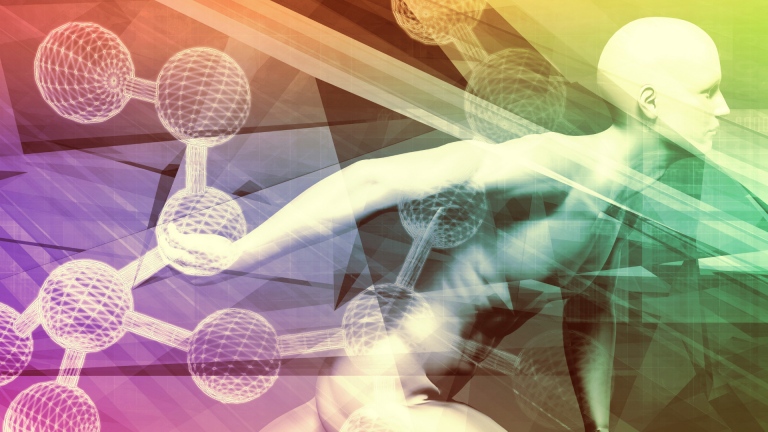Hormone Therapy Benefits & Risks in Women Hormone Therapy Benefits is one of the government-approved treatments for relief of menopausal symptoms. These symptoms, caused by lower estrogen levels at menopause, include hot flashes, sleep disturbances, and vaginal dryness. Hormone Therapy Here is some background information.
There are Three-Benchmark Stages of Natural Menopause:
Perimenopause (or the menopause transition) is the time between the start of symptoms (irregular periods) and one year after the final menstrual period. Menopause is confirmed one year (12 months) after the last menstrual period. Postmenopause is all the years beyond menopause.
There are Basic Types of Hormone Therapies:
Estrogen Therapy means hormone-only Therapy. Estrogen is the hormone that helps most menopausal symptom relief. Estrogen Therapy is prescribed for women without a uterus due to a hysterectomy.
Estrogen-Progesterone-Testosterone:
This Therapy means combined testosterone, estrogen, plus progestogen therapy. Progestogen is added to Therapy to protect women with a uterus against uterine (endometrial) cancer from estrogen alone.
There are General Ways To Take Hormone Therapies:
The Systemic products circulate throughout the bloodstream and to all body parts at a cellular level. They are available in oral tablets, patches, gels, sprays, injections, and other forms. Local (nonsystemic) products affect only a specific or localized body area. They are available as a ring, cream, and tablet for vaginal symptoms.
Hormonal Benefits:
Hundreds of clinical studies all around the world have been done and have provided evidence that systemic Hormone Therapy Benefits (estrogen with or without progestogen and testosterone). These hormones help with conditions such as vaginal dryness, night sweats, hot flashes, bone loss, etc. These benefits can lead to improved depression, sleep, sexual relations, and also quality of life. One of the primary indications for Hormone Therapy is hot flashes, night sweats, vaginal dryness, and prevention of osteoporosis.
The Risks:
Hormone Therapy Benefits are recommended at the lowest effective dose for the shortest period to minimize health risks.
The genuine concern about hormone safety is the long-term use of systemic Estrogen Therapy or Estrogen Progesterone Therapy. As a result of the Women’s Health Initiative (WHI) trial in 2002, the U.S Food & Drug Administration and Health Canada require all estrogen-containing prescription therapies to carry a “black box” and warning in their prescribing information about the adverse risks of Hormone Therapy. Although products two products in the Women’s Health Initiative, Premarin, and Prempro, the chances of all Hormone Therapy products, including “natural” bioidentical and compounded hormones, should be assumed to be similar until evidence shows otherwise.
Most of the risk of breast cancer is associated with Estrogen Progesterone Therapy. Both Estrogen Therapy and Estrogen Progesterone Therapy have been associated with stroke, heart attack, and the body’s increase in blood clots in the veins. Also, these risks can be higher in women over 60’s.
The Weighing in the Benefits & Risks:
There is no way to ensure the best possible quality of life around menopause and beyond. Each woman is unique and must consider her discomfort against her fear of treatment. The risk is defined as the possibility or chance of harm; it does not indicate that damage will occur. Generally, Hormone Therapy risks are lower in younger women than initially reported in all women ages 50 to 70 combined.
It is now believed that women taking estrogen alone—women who have had their uterus removed by a hysterectomy—have a more favorable benefit-risk profile than those taking Estrogen Progesterone Therapy, and this is especially true for younger menopausal women (in their 50s or within ten years of menopause) than for older women.
Medical professionals have modified their views about the role of hormones as more research has been conducted and what the benefits are. Experts agree that there is much to learn, but they don’t necessarily address all of the issues an individual woman faces. Only she can do that with the counsel of her healthcare providers.
Only after examining and understanding her situation and thoroughly consulting her clinician can a woman choose the best treatment. As new therapies and guidelines are available, and a woman’s body changes over time, she Should reevaluate and adjust.
**NOTE** The content in this blog is subject to interpretation and is the opinion of the content writer. We do not claim it to be fact. We encourage you to consult a medical doctor before taking any prescribed medications or supplements.
Conclusion
Supporting Hormones health is essential for overall well-being and vitality. By incorporating regular exercise, proper nutrition, adequate sleep, stress management techniques, and IV therapy, you can help maintain optimal testosterone levels and lead a healthy, balanced life. Always consult a healthcare professional before making significant changes to your lifestyle or starting any new treatments to ensure they suit your needs.
At AAI Rejuvenation Clinic, we advise anyone to think seriously about beginning Hormone treatment if there is no medical need. However, we will take every precaution to ensure that you read your program’s positive benefits by providing the latest at-home hormonal mouth-swab testing to ensure we are continually monitoring your progress and aware of any adverse side effects. Fill out the Medical History Form, or if you need more information, call us at (866) 224-5698 or (866) AAI-Low-T.
Hormone Therapy Information on:
- Motivation
- Sex Drive & Desire
- Depression
- Fatigue
- Erectile Dysfunction
- Cholesterol
- Low Energy
- Memory Loss
- Osteoporosis
- Wounds & Illness
- Muscle Mass
- Sleep Disturbances
- Thyroid Dysfunction
- Weight Gain
]]>




